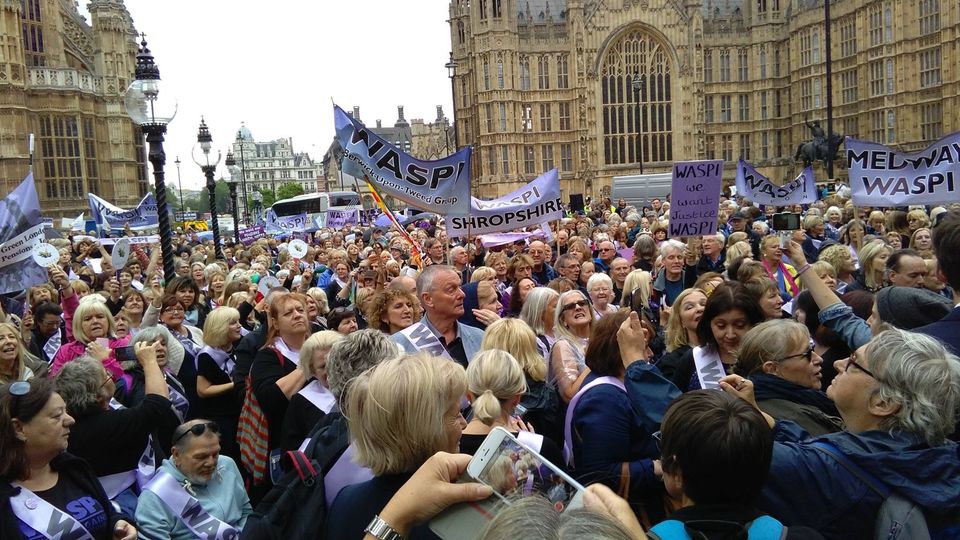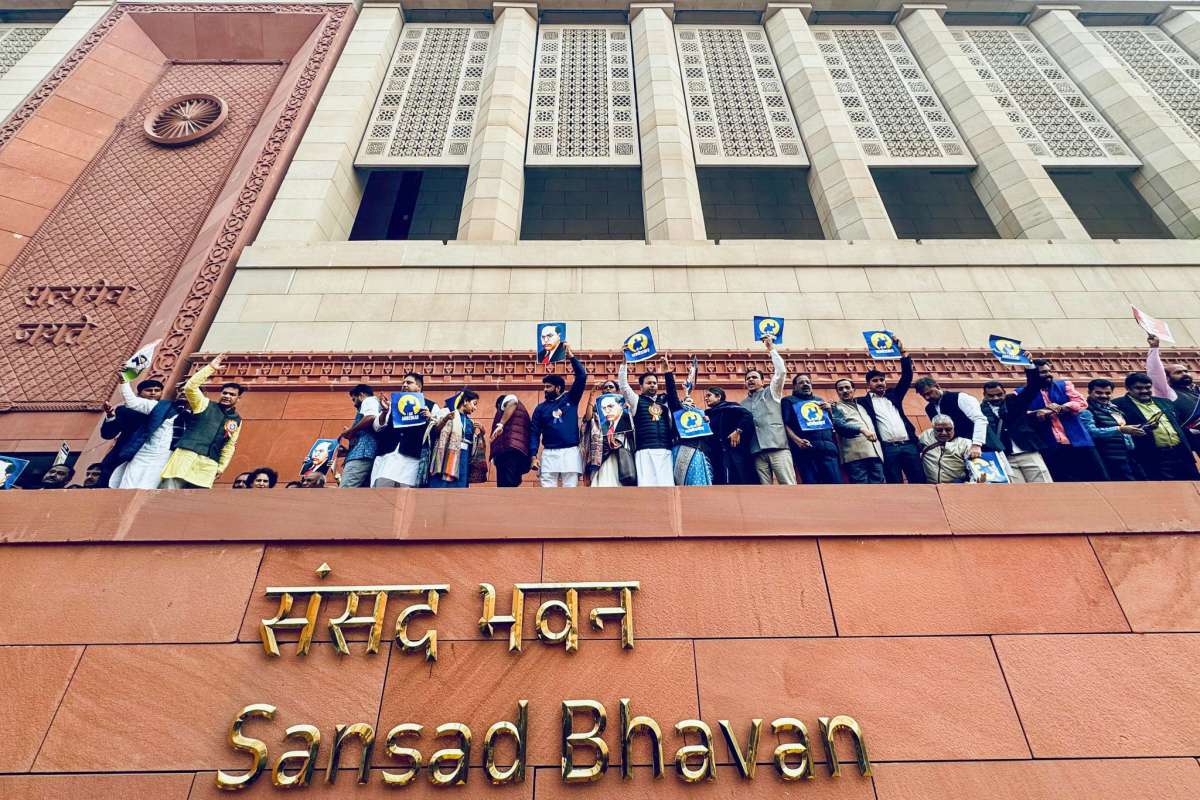To help soften the blow, Bridget Phillipson also announced a parallel increase to student maintenance loans…reports Asian Lite News
University tuition fees in England are to go up for the first time in eight years, taking annual payments up to a record £9,535 per student, the government has announced.
The inflation-linked increase, which comes into force in the next academic year, was approved by ministers after warnings of a deepening financial crisis in the university sector, where the value of tuition fees has crumbled after being capped at £9,250 since 2017.
To help soften the blow, Bridget Phillipson also announced a parallel increase to student maintenance loans, providing up to £414 extra per year to support students from the lowest-income families.
The education secretary said: “This government’s mission is to break down barriers to opportunity, which is why we are doing more to support students struggling with the cost of living despite the fiscal challenges our country faces. The situation we have inherited means this government must take the tough decisions needed to put universities on a firmer financial footing so they can deliver more opportunity for students and growth for our economy.”
Under the one-year deal, fees and maintenance loans will go up in line with the RPIX measure of inflation – forecast at 3.1% – but there could be further increases if the government decides to revisit tuition fees in the spending review next year. Estimates have suggested fees could go up to as much as £10,500 for students beginning university in 2029 if increases continue to be index-linked.
Making the announcement in the Commons, Phillipson told MPs: “It is no use keeping tuition fees down for future students if the universities are not there for them to attend, nor if students can’t afford to support themselves while they study.”
The increase to tuition fees will have been a particularly hard decision for Labour given that at one time the party’s policy, then supported by Keir Starmer, was to scrap tuition fees altogether.
Phillipson, however, sought to reassure students their monthly student loan repayments would not increase after graduation as a result of the changes.
In return for the additional funding from fees, universities are being asked to improve value for money for students and break down barriers to opportunity for those from disadvantaged groups, with details of the reforms due to be published next year.
The announcement was welcomed by vice-chancellors who have vigorously lobbied the new government for additional financial support, arguing the value of domestic tuition fees has been eroded by a third. Privately, however, many are concerned the increase will not be enough to plug the gaps as they simultaneously grapple with a drop in income from international students whose recruitment is down as a result of a clampdown on student visas.
The University and College Union condemned the fee hike as “economically and morally wrong”. Jo Grady, the UCU general secretary, said: “Taking more money from debt-ridden students and handing it to overpaid, underperforming vice-chancellors is ill-conceived and won’t come close to addressing the sector’s core issues.”
Alex Stanley, vice-president for higher education at the National Union of Students, said students were being asked to “foot the bill to literally keep the lights and heating on in their uni buildings and prevent their courses from closing down”.
Laura Trott, in her new role as shadow education secretary, said: “Last week, Labour declared war on businesses, private-sector workers and farmers with their budget. Now it seems they want to add students to the list.
ALSO READ: WTM contributes £200m to London economy









